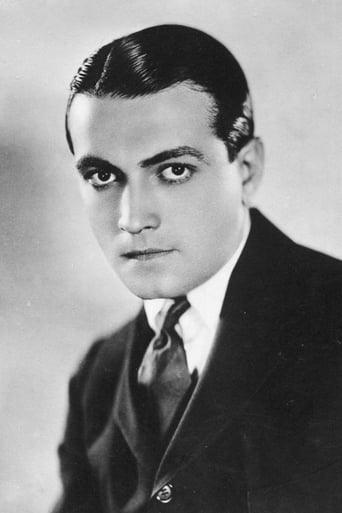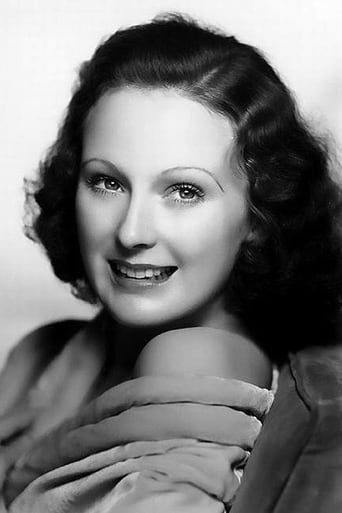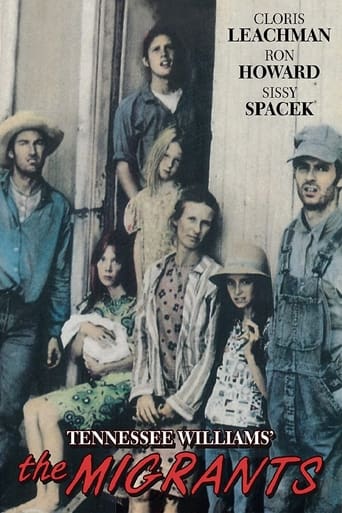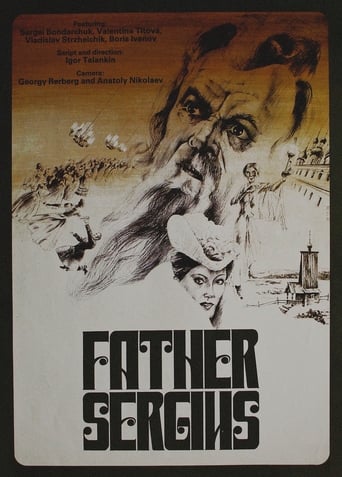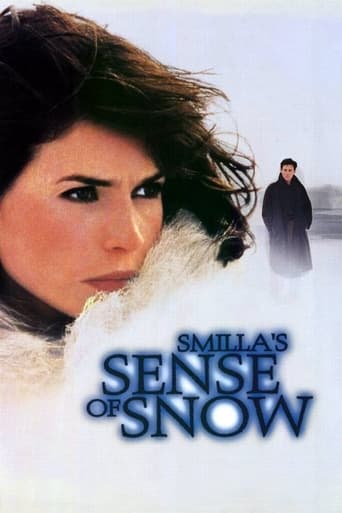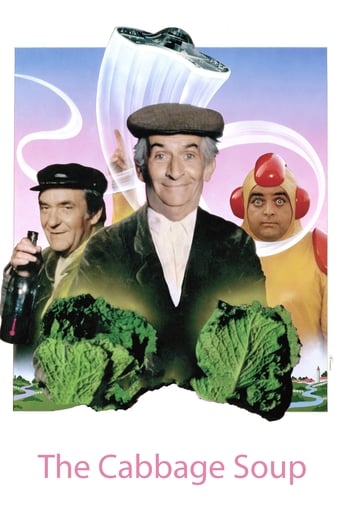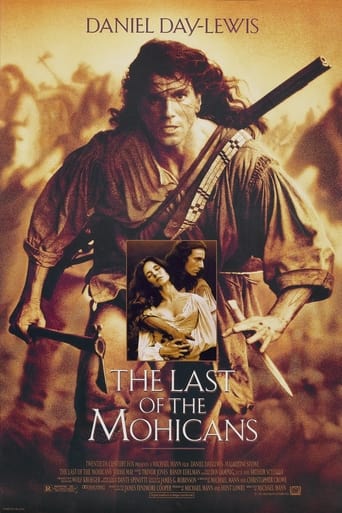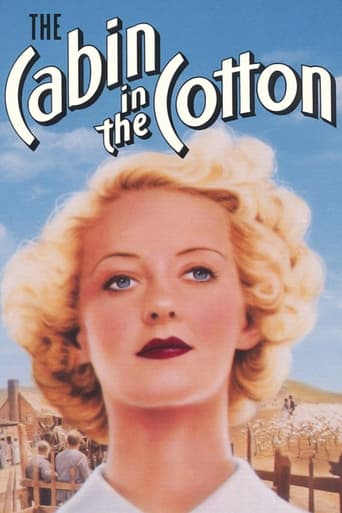
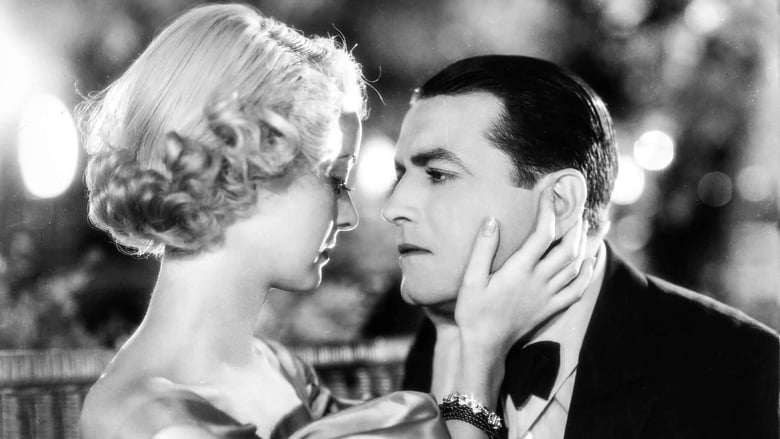
The Cabin in the Cotton (1932)
Sharecropper's son Marvin tries to help his community overcome poverty and ignorance.
Watch Trailer
Cast


Similar titles
Reviews
Sadly Over-hyped
Purely Joyful Movie!
It's the kind of movie you'll want to see a second time with someone who hasn't seen it yet, to remember what it was like to watch it for the first time.
This movie feels like it was made purely to piss off people who want good shows
The Cabin in the Cotton (1932) *** (out of 4) Set in the South, this melodrama from Warner deals with the rich plant owners who continue to get everything they want while the poor "tenants" continue to grow poorer and not being able to feed their children. Marvin Blake (Richard Barthelmess) grew up as one of the poor kids but after getting an education thanks to land owner Norwood (Berton Churchill) he's put in the middle of the two sides. THE CABIN IN THE COTTON isn't a complete success but the cast is so good and the direction by Michael Curtiz is so on the mark that you can't help but be entertained. The biggest thing going for the film are the performances with Barthelmess leading the way in his part as the man caught in the middle. I thought the actor did a very good job at being torn by the two sides and you really believe everything that his character is going through. Dorothy Jordan is good as the poor girl who loves him and Bette Davis is grand as the Southern Belle who's also after him. Davis is incredibly beautiful here and she fits the role perfectly and especially the now famous line dealing with her refusing to kiss because she's just washed her hair. Churchill is also very effective in his role as is David Landau, Tully Marshall and Henry B. Walthall. The biggest problem with the film is that it's quite predictable from start to finish. Also, there's a prologue saying that the producers aren't taking sides in the matter and that they're presenting this film "as is" it is in life. Well, I think having all the poor people being whites was a bit unfair and I do think this takes away from the film. Still, fans of the stars will still want to check this out.
The workingman's studio, better known as Warner Brothers, did most of its social commentary films with an urban setting. Which in itself makes The Cabin In The Cotton a very unique product to come out of this studio. It's not a bad film, could have been better in delivering its message with a lighter hand. But what the Brothers Warner did was go back on an old standby.Watching The Cabin In The Cotton this morning put me in mind of a much better film in which Preston Sturges satirized the making of films like these. If you remember in Sullivan's Travels, director John L. Sullivan played by Joel McCrea wants to make films like these, the epic he wants to do is entitled Oh Brother Where Art Thou. But in order to sell it he's advised to make sure it has 'a little sex'.Which brings me to why The Cabin In The Cotton is remembered today at all. It's because of what Bette Davis brings to the film, a little sex. This film was a big milestone in her career as she plays the hedonistic daughter of that old southern planter Berton Churchill who keeps his sharecroppers, black and white, in virtual peonage.The lead Richard Barthelmess plays a bright young sharecropper's son and Churchill takes an interest in him, sending him to school to be educated because he has no son to help run the old plantation. What he does have is one sexpot of a daughter to keep Barthelmess on the side of the rich and privileged instead of finding true love with one of his own class in Dorothy Jordan.Churchill has been systematically exploiting the sharecroppers with high interest and cheating them on price. They in turn have been stealing cotton and selling bits of it on the black market. Henry B. Walthall and Russell Simpson have been leading the quiet peasant's revolt which threatens to get open and nasty. I'd have to say that the ending of the film has a forced and obvious conclusion both romantically and socially, but you'll have to see it for yourselves to find out.The Cabin In The Cotton is a dated, but historically valid film about conditions in the old Confederacy before the New Deal. But the sex that Bette Davis brings to her role is timeless.
Interesting film about the plight of planters vs. share croppers in 1930s South. Richard Barthelmess plays a share cropper's son who is good at school and is sponsored by a planter (Berton Churchill). Although the boy becomes a bookkeeper for him he 's caught between the two worlds and the two girls from each side of town: the planter's daughter (Bette Davis) and a share cropper's neighbor (Dorothy Jordan).As the war between the planters and croppers increases, Barthelmess is caught in a moral dilemma. He knows the croppers are stealing cotton and he knows they burned down the local mercantile (owned by the planter) because they think they've destroyed the the records. But Barthelmess has an extra set.The film is a little slow and maybe too old fashioned but the subject matter is interesting and of course the film features Davis' famous line, "I'd like to kiss ya, but I just washed my hair. Bye!" Aside from that the film offers Barthelmess in his last starring role and good performances by Churchill and Henry B. Walthall as a crippled cropper.Also co-stars David Landau, Virginia Hammond, Russell Simpson, Tully Marshall, Dorothy Peterson, Hardie Albright, and Clarence Muse.Worth a look
The problems of Capital and Labor are well explored in this tight little drama set amongst cotton tenant farmers and their landlords. Striking cinematography and excellent direction, from Michael Curtiz, combine with a first-rate and intelligent screenplay to create a memorable film. The two sides are well presented, both good and bad, and, although the solution for reconciliation is never really explained, the result opens up areas for debate that are still relevant today.The performances from everyone are very fine - the supporting cast is an extraordinary group of unique faces and personalities. And then there is Bette Davis, in one of her first roles, looking sensational (platinum blonde) and being very naughty - an implied nude seduction is a highlight - as is that famous line. She eats poor Richard Barthelmess for breakfast, spits him out at lunch, and devours his remains for dinner. Barthelmess' performance is wonderful - he was one of the best actors of the silent era and here is strong in one of his rare talkies. He is so good that he almost makes you forget that he is far too old for the idealistic boy straight out of school that he is supposed to be playing. Great film - see it.


